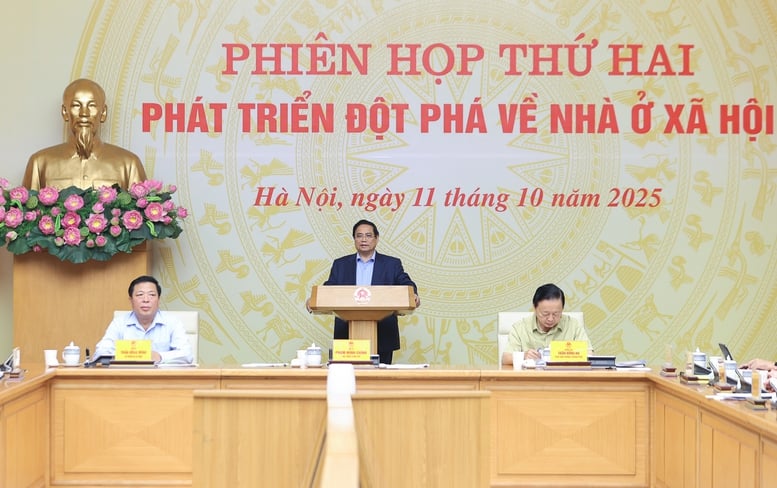
The Prime Minister noted that housing development must have many segments including high-end, middle-income, and low-income, ensuring harmonious development, with not too much difference in essential infrastructure and social infrastructure - Photo: VGP/Nhat Bac.
The meeting was not only a review of progress, but also a political declaration of the Government’s comprehensive development vision: leaving no one behind on the journey of settling down – starting a business – developing. In the Prime Minister’s mind, social housing is no longer a mere welfare policy, but a powerful macroeconomic, microeconomic and institutional lever, if properly designed and operated intelligently.
Social housing – the "shock absorber" of the economy
The Prime Minister has repeatedly emphasized that social housing "demonstrates the characteristics and good nature of the regime... no matter how difficult it is, it must be done." Indeed, social housing is one of the public goods with the largest spillover effect: each dong invested in housing results in 1.5-2 dong of GDP spillover, promoting the steel, cement, materials, equipment, labor and finance industries to operate together.
When the commercial real estate market is sluggish, social housing projects become a “cycle stabilizer”, maintaining employment and domestic aggregate demand. At the macro level, social housing development is a flexible economic regulation tool, similar to infrastructure investment – but with deeper social significance.
Not stopping there, social housing also helps reduce living costs and increase purchasing power. Housing currently accounts for 25-40% of urban household expenditure; when this cost is reduced, people have more room to consume, save and invest - which is the engine of sustainable growth of domestic demand.
In particular, maintaining a reasonable rental price level also helps to control inflation – because housing prices are an important component in the basket of goods when calculating the CPI. In other words, social housing policy is an implicit macroeconomic policy, contributing to economic stability while still strengthening social welfare.
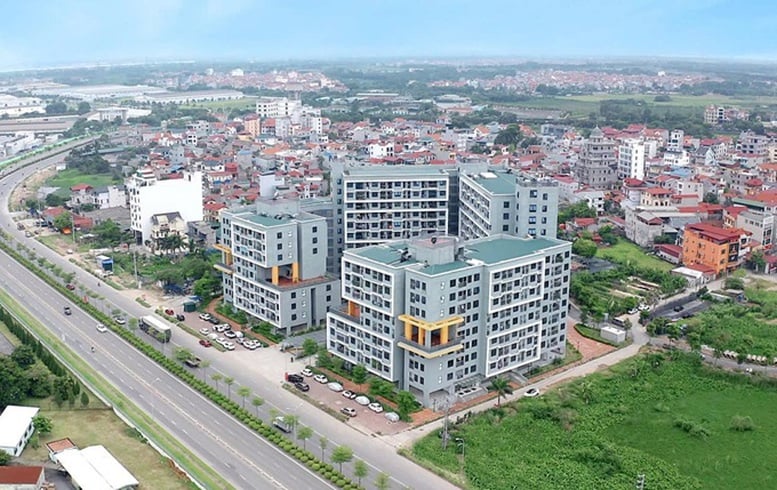
A social housing project in Hanoi has come into operation.
Soft infrastructure of productivity growth
In the new growth model that the Party, State and Government have defined, labor productivity and human resource quality are the central axes. To increase productivity, we cannot only invest in machinery, but also in labor quality, including the living and working conditions of workers.
Many large industrial zones in Vietnam are now facing the reality: workers migrate from far away, live temporarily, spend hours commuting every day. This is a huge social energy cost, reducing the efficiency and confidence of workers. When there is a planned social housing system linked to employment, workers can live near the factory, teachers, nurses, and local police can settle down near their workplace. Travel and living costs are reduced, productivity increases, and the rate of absenteeism is reduced - this is a double benefit for both people and businesses.
A well-functioning social housing system is also a prerequisite for attracting high-quality FDI. Global corporations today evaluate local competitiveness not only by tax rates, but also by "the quality of life of workers". Singapore, Malaysia, and South Korea have all used housing policies to retain high-tech investors.
For Vietnam, social housing is the soft infrastructure of productivity, the key factor for the economy to enter a development stage based on innovation and high-quality human resources.
A fair and efficient income redistribution machine
In a market economy, if housing prices are allowed to exceed incomes, wealth inequality will continue to grow. Because housing is not just a place to live, but also the main accumulated asset of households.
The Prime Minister has clearly seen that risk. That is why he considers social housing development as a tool for income redistribution through institutions, not through subsidies. When the State recovers the added value from land, planning, and infrastructure investment to transfer that value back to the people in the form of housing, fairness is established right in the policy structure.
Social housing also helps strengthen the young middle class, who are creating urban vitality and economic dynamism. A society is only truly sustainable when workers can buy a house, have peace of mind to start a family, raise children, and have a long-term commitment to the community.
As the Prime Minister said: "Investing in social housing is investing in the development of society and the country." Social housing is therefore a lever of fairness, a test of the State's administrative capacity and humanity.
Building houses - building institutions
To have effective social housing, we cannot just build a few more housing areas, but must reform the entire urban development institutional system. The Prime Minister himself affirmed: "Social housing must not be located in the middle of nowhere, or in 'untouchable land', but must have adequate infrastructure for transportation, electricity, water, telecommunications, and social services..."
That means: each social housing project needs to be linked to the public transport system, industrial zones, schools, hospitals, and parks. The TOD model – traffic-oriented development – has become a new spatial organization method of modern cities.
At the same time, social housing is also an institutional laboratory for green development. This is where technologies such as circular materials, solar energy, water and energy saving can be applied – thereby forming a domestic green technology market, serving the goal of Net Zero by 2050.
A breakthrough in the Prime Minister’s vision is the restructuring of land resources. When the State recovers the increased value of land to reinvest in social housing, land is no longer a speculative tool, but becomes the equitable property of the whole society.
In other words, through the social housing policy, Vietnam is reforming the entire urban development model – shifting from commercial urban areas to urban areas serving people.
The foundation of inclusive growth and national competitiveness
Social housing not only helps people settle down, but also creates competitiveness for the whole economy. In the IMD World Competitiveness Yearbook , "housing affordability and urban quality of life" are indicators that constitute national competitiveness. A country where workers can live decently on their income is a country with high innovation and strong social trust.
When workers and young people are settled, they invest more in education, skills and quality consumption. When businesses have a stable workforce, they invest more long-term. When people believe in the future, they will accompany the State on the journey of development.
It is the ripple effect of inclusive growth – growth that leaves no one behind, nor trades social equity for short-term growth. Strategically, social housing is the “soft competitive infrastructure” of the knowledge economy – where productivity no longer comes from machines, but from people, communities and trust.
Three breakthroughs the Government is pursuing
The Prime Minister pointed out three breakthrough directions to turn the vision into reality:
Institutional breakthrough – perfecting the legal corridor on land, capital and planning, ensuring social housing is prioritized as essential infrastructure.
Breakthrough in implementation organization - clear decentralization and delegation of power; "local decision - local action - local responsibility"; encourage private enterprises, associations and cooperatives to participate strongly.
Breakthrough in mobilizing social resources – encouraging PPP models, urban bonds, housing savings funds, long-term credit funds; at the same time applying compulsory social housing targets in new urban planning.
The Government will transform social housing from a scattered policy into a national development program, managed by digital data, making the process transparent, eliminating profiteering, and ensuring that those in need truly benefit.
What our Party and State are promoting is building houses to build institutions, building houses to nurture hope.
Build a house - build the future
Social housing is implicit macroeconomic policy, not just welfare. It creates jobs today, strengthens productivity tomorrow, and preserves social stability for the future.
When every citizen has a decent home to live in, the country will have a solid foundation for development. That is the vision of our Party and State – a humane, practical and enlightened vision: Developing social housing is not just building houses, but building the future of the country.
Dr. Nguyen Si Dung
Source: https://baochinhphu.vn/xay-nha-o-xa-hoi-xay-the-che-xay-tuong-lai-102251012093555202.htm







![[Photo] Discover unique experiences at the first World Cultural Festival](https://vphoto.vietnam.vn/thumb/1200x675/vietnam/resource/IMAGE/2025/10/11/1760198064937_le-hoi-van-hoa-4199-3623-jpg.webp)


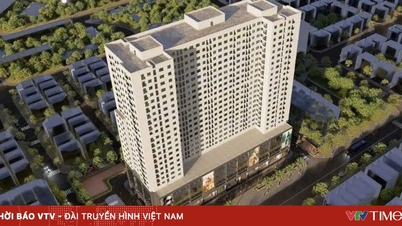




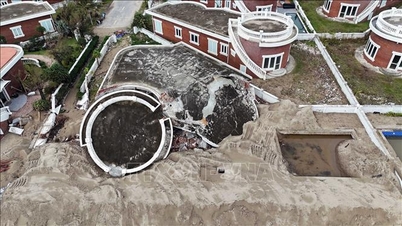









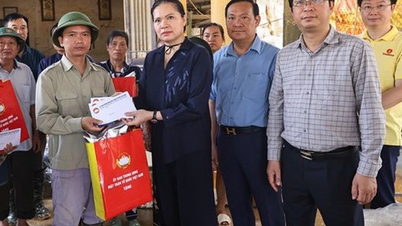

![[Photo] General Secretary attends the parade to celebrate the 80th anniversary of the founding of the Korean Workers' Party](https://vphoto.vietnam.vn/thumb/1200x675/vietnam/resource/IMAGE/2025/10/11/1760150039564_vna-potal-tong-bi-thu-du-le-duyet-binh-ky-niem-80-nam-thanh-lap-dang-lao-dong-trieu-tien-8331994-jpg.webp)






















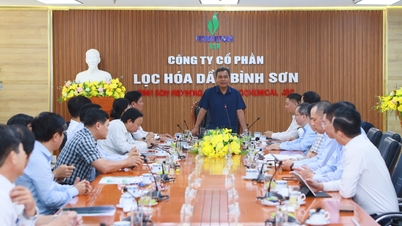









![[Photo] General Secretary attends the 80th Anniversary of the Traditional Day of the Armed Forces of Military Region 4](https://vphoto.vietnam.vn/thumb/402x226/vietnam/resource/IMAGE/2025/10/12/1760265970415_image.jpeg)



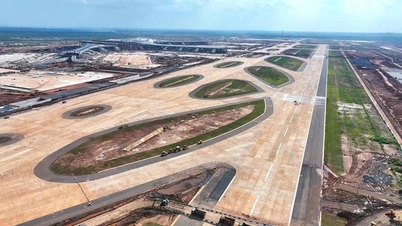
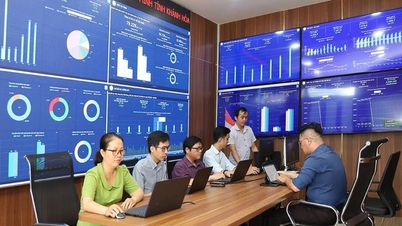



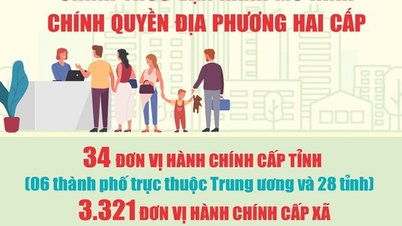

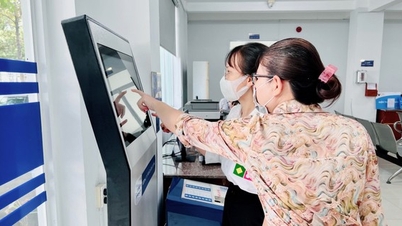








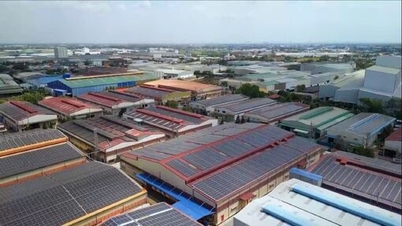

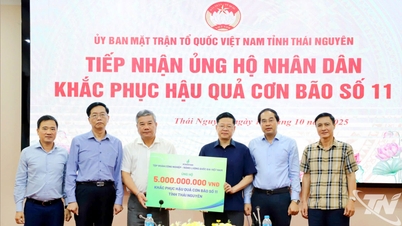
















Comment (0)